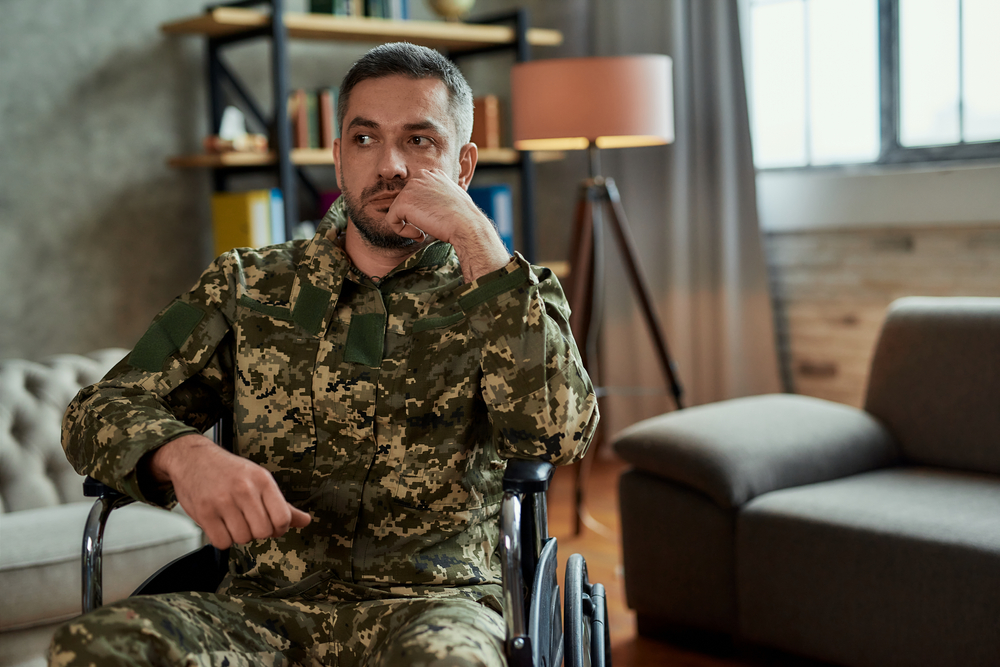Every year, millions of Americans will experience a traumatic event. These instances can be difficult to overcome; without proper treatment, some people struggle to cope with the flashbacks, anxieties, and other symptoms that can emerge after a trauma. This may result in attempted self-medication through drugs and alcohol. To more thoroughly understand the relationship between trauma and addiction, please read on.
The Basics of Trauma: Signs, Symptoms, & Common Causes
The first thing to know about trauma is that it is fully individual – if two people are in the same car crash, for example, one may be fine while the other refuses to drive a vehicle again. Both of these responses are valid; there is no “right” way to respond to an event like this. First, let’s discuss the most common traumatic events. Unfortunately, many people begin displaying signs of trauma after experiencing…- Abuse (domestic violence, rape, harassment)
- The end of a significant relationship (divorce, breakup, adultery)
- Abandonment or neglect
- Violence in the line of duty (first responders, military)
- Sudden accidents or injuries
- The death of a loved one
- A crime (robbery, assault, kidnapping)
- Severe illness (terminal diagnosis, sudden sickness)
- Natural disasters (hurricanes, tornadoes, earthquakes)
- Hypervigilance (extreme alertness)
- Difficulty concentrating (brain fog)
- Depression and anxiety
- Feeling “out of control” or hopeless
- Emotional numbing
- Racing heart rate
- Muscle tension (inability to relax)
- Panic attacks
- Memory problems
- Difficulty sleeping, eating well, or taking care of themselves
- Nightmares
- Fatigue (low energy)
- Tension
- Obsessive or compulsive behaviors
- Recurring, intrusive thoughts about the incident
- Avoiding reminders of what happened
- Self-destructive behaviors like substance abuse





